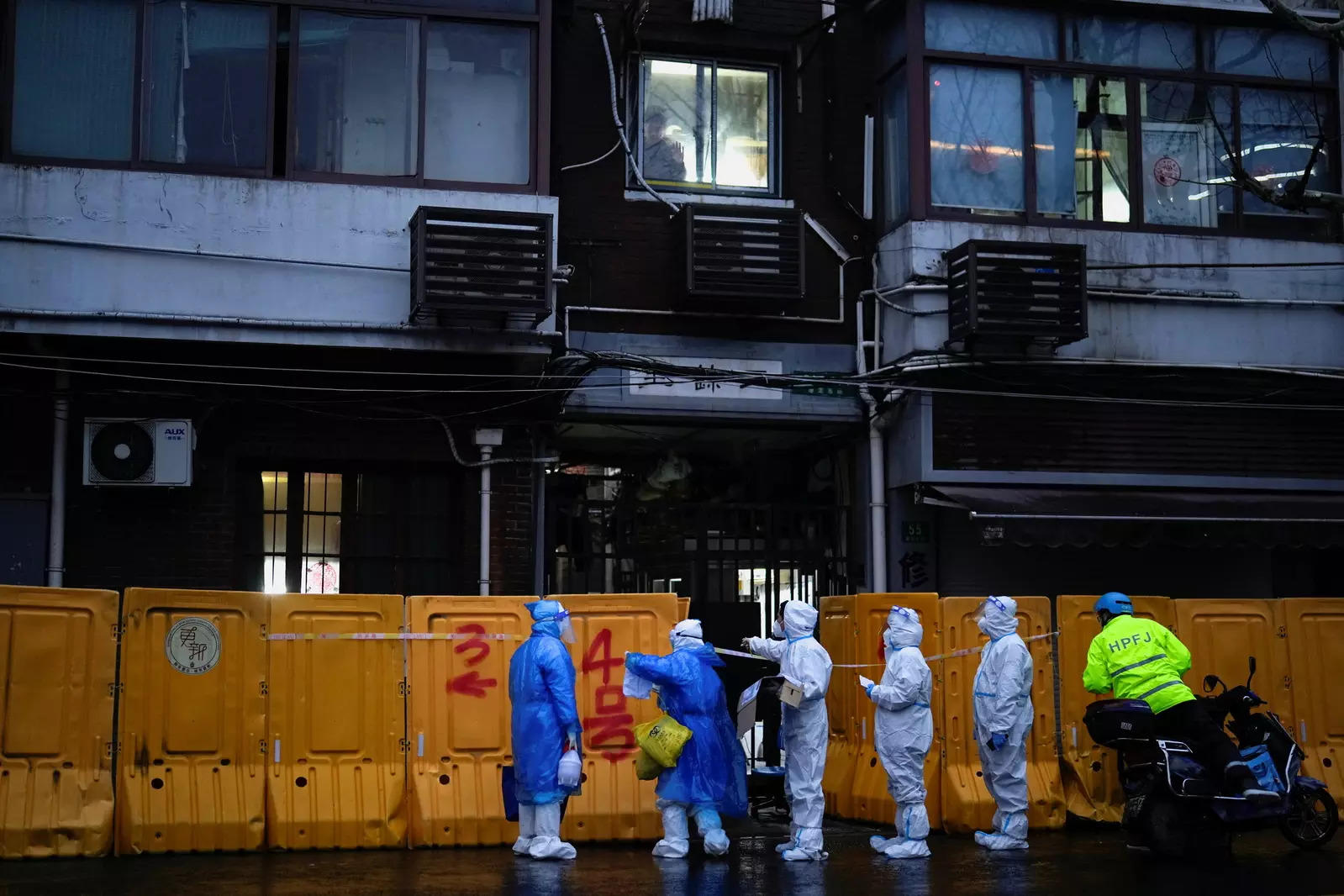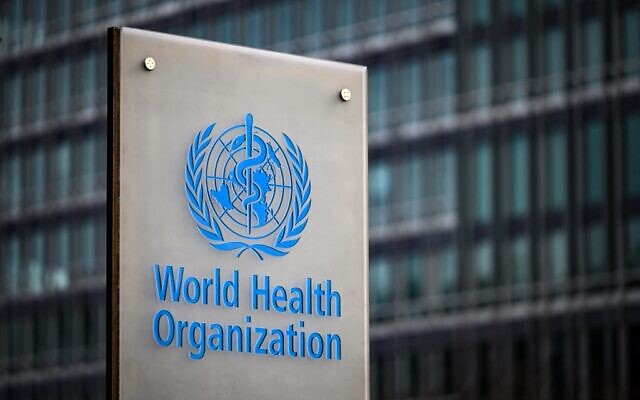Shanghai shows no signs of decline in cases
Thu 14 Apr 2022, 10:32:32

Shanghai reported 26,330 confirmed Covid-19 infections on Wednesday, setting again a daily record in a continuous streak in last two weeks, showing no signs of a subsiding. Shanghai remains in de-facto lockdown despite authorities’ hasty announcement of some movement relaxations amid the reports that people across the rest of China are stockpiling necessities as they brace for the prospect of similar lockdowns.
In Shanghai, the vast majority of infections remained asymptomatic, and no fatality has yet been linked directly to Covid-19 since March 1 but travel restrictions and limited ambulance services have led to deaths from delayed or denied treatment the non-COVID patients which let the people question the necessity of such harsh measures.
Experts said “The central government and local authorities will have to re-examine the strategy used to contain the outbreak, after more than a week of citywide lockdown and mass testing exercises.” Wednesday’s reported caseload raised Shanghai’s tally since March 1 to 253,000, among which 9,500 showed symptoms. The city has conducted seven rounds of mass testing since April 3.
China’s nationwide cases rose to 27,920, according to Wednesday’s data with Chinese mainland’s domestic COVID19 infections reaching 325,303 since March 1, affecting 30 provincial-level regions. Along with Shanghai and Jilin in northeastern China, southern China’s Guangdong province is also reporting large number of cases and strict measures.
Shanghai residents have resorted to bartering for food they have struggled to access because the city’s logistics infrastructure is under immense strain. The lockdown effects are spilling over to the surrounding provinces of Jiangsu, Zhejiang and Anhui, crippling one of the world’s most vital supply chains, auto sales slumping and consumer prices rising the fastest in three
months. Nearly all of China’s most prosperous cities currently have some COVID-19 restrictions, ranging from relatively mild measures to empty streets and locked communities.
months. Nearly all of China’s most prosperous cities currently have some COVID-19 restrictions, ranging from relatively mild measures to empty streets and locked communities.
The State Council distributed a circular to local authorities, ordering them to keep airports, ports and highways open as they stepped up antivirus prevention measures to guard against the Omicron variant reaching their borders. The cabinet said the supply of food and daily essentials to virus-hit regions must be ensured and the transport links also needed to be maintained to support business activities.
While other countries have pivoted to a pragmatic approach of living with the virus, China remains determined to stop outbreaks with strict containment measures. But the evolving nature of Covid-19 has raised questions over the continuing effectiveness of a strict response.
Chinese community officials feel strain of sleepless nights and mounting workload as many are feeling the strain of China’s worsening coronavirus outbreak. Painful accounts of hardships faced by residents emerged as people were sent for isolation to unfinished facilities without access to food, water or treatment.
According to media reports, Wu Zunyou, chief epidemiologist at the Chinese Centre for Disease Control and Prevention, said on Tuesday, China will not let asymptomatic Covid-19 patients isolate at home because of the risk of spreading the disease or developing severe illness, adding that the country would double down on its zero-tolerance policy as this is “the best strategy for the country.”
Experts say, continued social and economic disruption would erode China’s wide acceptance of its “dynamic zero” strategy, which aims to quickly contain sporadic outbreaks as they occur by stringent lockdowns.
No Comments For This Post, Be first to write a Comment.
Most viewed from Health
AIMIM News
Latest Urdu News
Most Viewed
May 26, 2020
Is it right to exclude Bangladesh from the T20 World Cup?
Latest Videos View All
Like Us
Home
About Us
Advertise With Us
All Polls
Epaper Archives
Privacy Policy
Contact Us
Download Etemaad App
© 2026 Etemaad Daily News, All Rights Reserved.

























.jpg)
.jpg)
.jpg)


